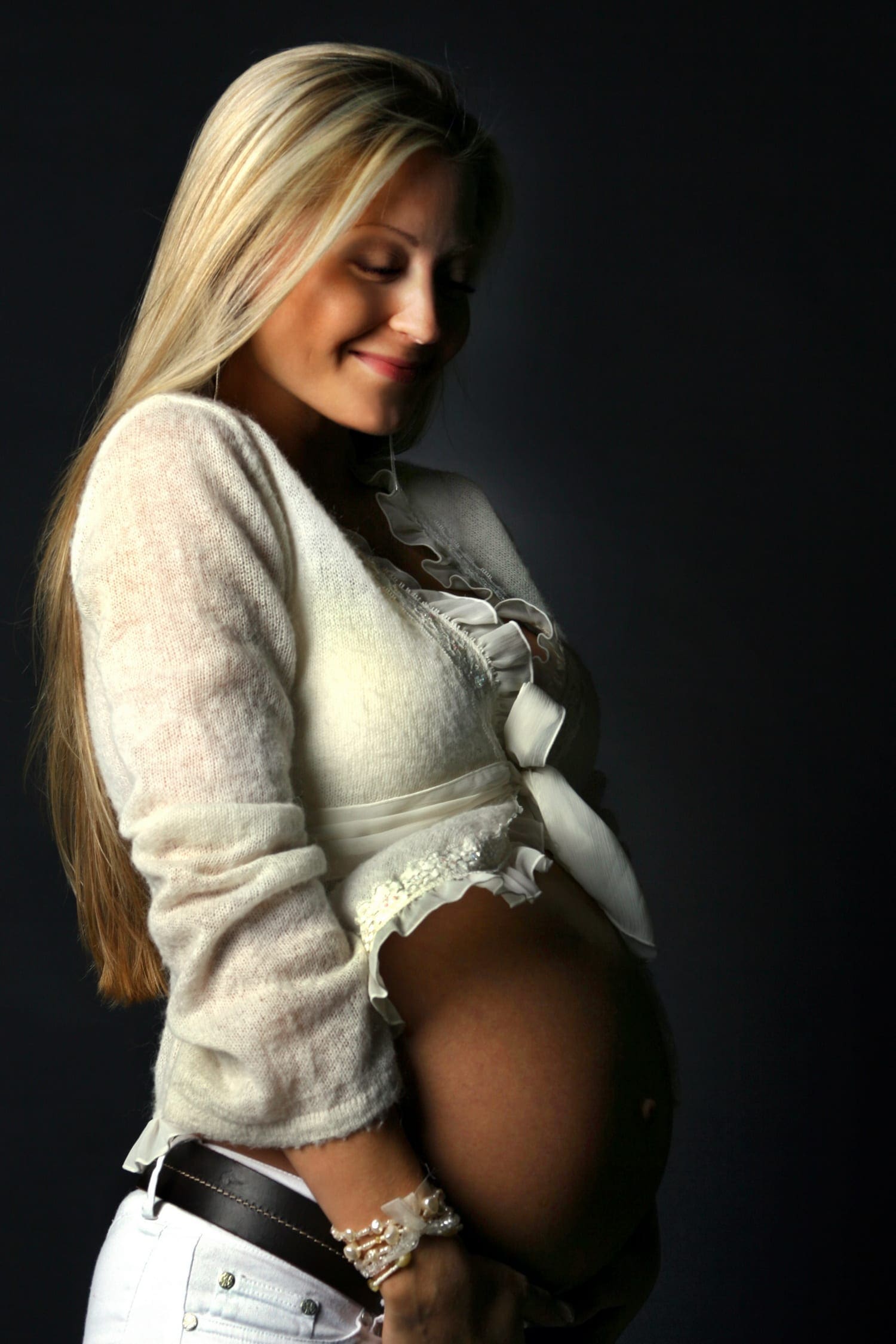A pregnancy book once quoted that if you want to figure out whether your female colleague is pregnant, keep a tab on their caffeine intake- if they have discreetly switched their regular cuppa with tea and smoothies, chances are they are carrying the bun in the oven. Caffeine during pregnancy is really frowned upon but honestly, so many of us are addicts that starting the day without our fix can leave us with a throbbing headache.
Decades of studies and countless conclusions drawn from incidences have yet to establish a yes or no answer on whether caffeine is bad for pregnancy. If you’re pregnant and struggling with whether to give up caffeine, know that you’re not alone in your confusion. Many other expectant mothers have asked the same question, but unfortunately, there is no concrete study to provide a definitive answer-yet.
Studies have shown that consuming more than 6 cups of coffee per day can nearly double the chances of miscarrying for women. Another study conducted in Denmark showed that the number of stillbirths was more than double for women who were avid caffeine drinkers, compared to those who stuck to moderate amounts.
From a general health point of view, caffeine can have some harmful side effects. These include spiking up your heart rate, causing heartburn during pregnancy, and leading to insomnia. One effect of caffeine that can directly harm a pregnant woman is that it acts as a diuretic, which means that it causes the body to lose fluid and can lead to dehydration. Dehydration during pregnancy can lead to problems in the fetus, as it can influence the movement of the fetus and reduce the amount of nutrition the fetus obtains from the mother. Caffeine, as a diuretic, can exacerbate these effects. Therefore, it is important for pregnant women to stay hydrated by drinking plenty of water.
It can be tough to say how much caffeine is too much. This is because, aside from coffee, there are other sources of caffeine like chocolate, energy drinks, cola, and certain types of nuts. If you’re only talking about coffee, then the safe limit has been set at 12 ounces per day. But it’s also important to cut down on other sources of caffeine, especially colas. A lot of women think they can eat whatever they want when they’re pregnant. But pregnancy isn’t an excuse to eat everything in sight–you’ll need to lose the baby weight later.
So, how do you quit caffeine? Just like anything else, it’s all about moderation. Reduce the amount you’re consuming and take it slowly. If you want to quit caffeine altogether, make sure to do it gradually. Quitting overnight is not going to be easy, and you’ll likely experience withdrawal symptoms like nausea and headaches. Use your willpower and say no to caffeine.
If you’re looking to cut down on your caffeine intake, try reducing the size of your cup in the morning. That way, you’ll feel like you’re having the same amount of caffeine as before, but you’ll be drinking less of it. Another option is to switch to healthier alternatives throughout the day, like herbal tea.











